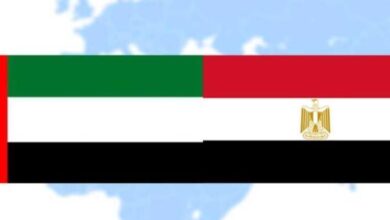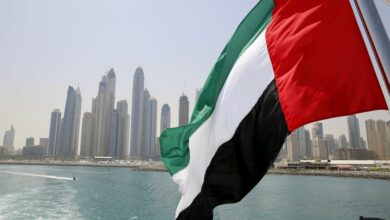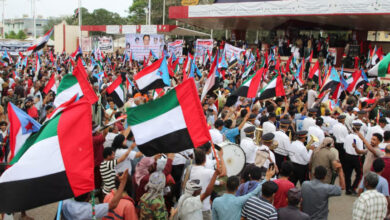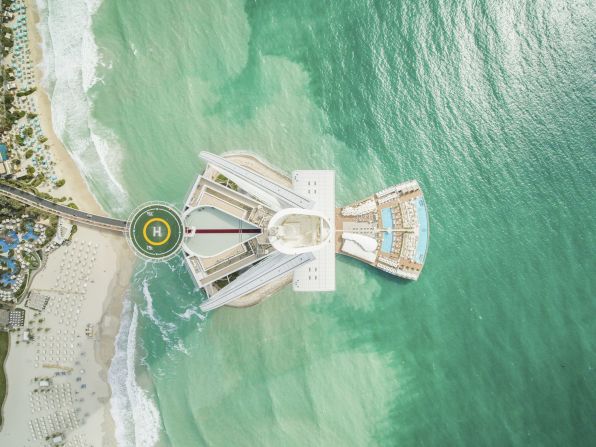
Editor’s Note: This CNN series is, or was, sponsored by the country it highlights. CNN retains full editorial control over subject matter, reporting and frequency of the articles and videos within the sponsorship, in compliance with our policy.
Dubai in 1993 was a world away from the global capital of today.
The finance and construction industries had yet to rumble into high gear. The city had yet to establish itself as a destination for the rich and powerful. The tallest building remained the first skyscraper ever built in Dubai: the World Trade Center at a mere 149 meters tall.
That year, British architecture firm Atkins Global was approached by the Dubai ruler’s office with a brief to design a building that would “create an identifiable link for people around the world with the UAE.”
In other words: put the Emirates on the map.
Simon Crispe, Atkins’ managing director in the Middle East at the time, recalls being asked “to provide the UAE with the powerful visual symbol of the same significance Sydney’s Opera House is to Australia or Paris’ Tour Eiffel is to France.”
An international team of architects spent the next seven years under a veil of secrecy creating the man-made island and 321-meter tall building.
The Burj al Arab (which means “Arabian Tower” in Arabic) opened its doors in 1999, and in the following two decades became a magnet for the global elite. The hotel is now a byword for the height of luxury from its palatial suites to rare sharks housed in the aquarium.
But one feature has arguably done the most to forge the Burj’s reputation.
Taking the aerial route
Suspended 212 meters above sea level, the hotel’s helipad juts out precariously from the distinctive sail shape of the building.
“The main challenge was ensuring that the helipad was structurally sound and supported the overall architecture of the hotel,” the Burj al Arab’s former managing director, Anthony Costa, told CNN in 2019. The 27-meter-wide helipad can accommodate a maximum weight of 7.5 tons.
“The helipad had to meet both structural and safe landing criteria,” Crispe told CNN in 2019. “It needed to ‘float’ visually and we only wanted a minimal visible supporting steelwork.”
The helipad’s principle function is as part of the hotel’s concierge service. Guests can choose to be picked up from the airport in a Rolls Royce, or take advantage of a helicopter transfer service.
The aerial route is a popular option, said Costa, with many arrivals and departures each month by helicopter.
Legendary stunts
Beyond its basic function, the helipad is better known as a location for stunts that range from death-defying to merely awesome.
Roger Federer got the ball rolling in 2005 when he played an exhibition match with Andre Agassi on a court created for the occasion and filmed by helicopter. The Swiss would return in 2012 with rival Novak Djokovic.
The helipad has also been made over as a golf course to allow Tiger Woods and Rory McIlroy to tee off over the Persian Gulf.
In 2017, a ring was constructed for British boxer Anthony Joshua to take part in a sparring session.
The most challenging stunt to date came in 2013, when a Formula 1 racing car was airlifted onto the helipad to allow David Coulthard to spin “doughnuts” on a specially-created surface, said Costa. Atkins engineers were brought in again to ensure the stunt could proceed safely.
The location has since become an attraction for daredevils of all stripes, serving as a platform for a record-breaking kiteboarding jump, a BMX jump from a helicopter, and skydivers. In 2023, Polish pilot Lukasz Czepiela made aviation history when he became the first person to land a plane on the Burj Al Arab’s helipad.
Many more stunts are rejected, according to Costa: “Every requested stunt is evaluated from logistical, health and safety and feasibility points of view before it goes ahead.”
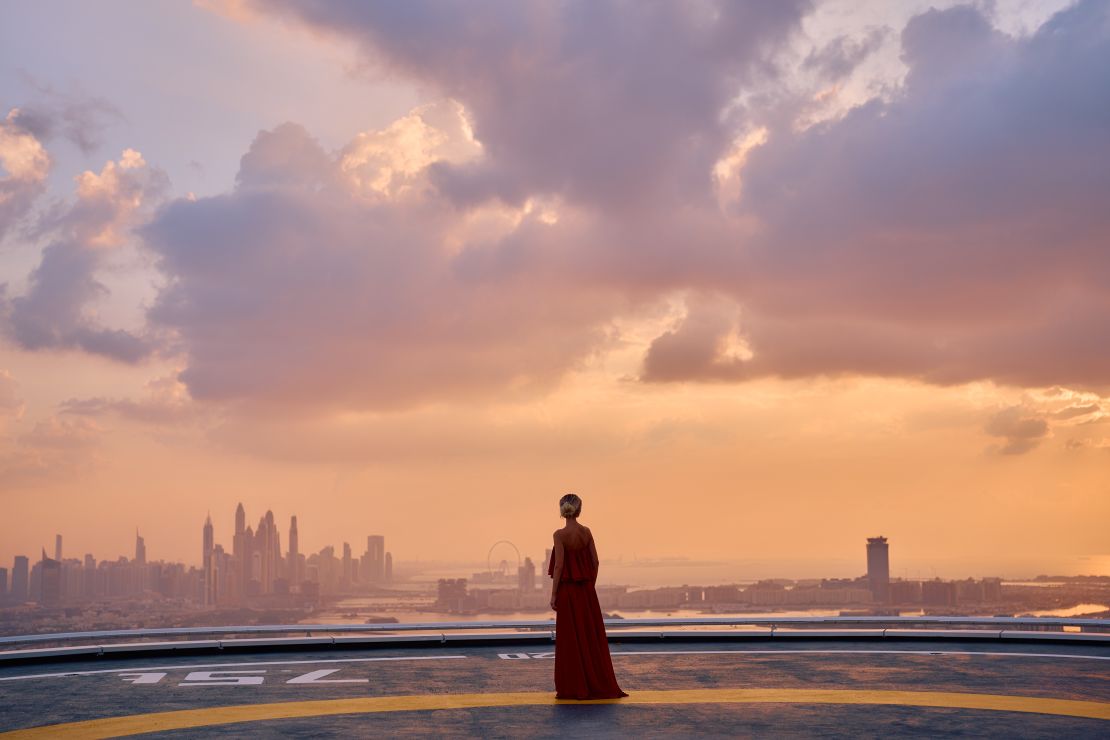
Party venue
Stunts made the helipad world-famous, but the hotel has also introduced safer ways to enjoy it.
Since 2014, the helipad has been available for weddings designed by a specialist “wedding architect” with a starting price of $55,000, although some ceremonies have reportedly run into millions of dollars.
The location is also hired out for private parties with bespoke trimmings. Costa said his favorite helipad moment came with a guest’s 50th birthday in 2018.
“We repainted the helipad to read ‘Happy Birthday’ with her name, which she could see from the helicopter as she landed,” he recalled.
Such lavish occasions and expenditure might seem frivolous, but as one of Dubai’s great icons, there is a responsibility to showcase spectacle and grandeur.
As Costa puts it, the helipad events are “elevating Dubai and its reputation for delivering spectacular experiences.”
Government ministries often partner with the hotel to deliver helipad events, and use it heavily in promotional campaigns.
The Burj al Arab was first commissioned with the intention of establishing Dubai and the UAE on the global map.
Twenty-five years on from its inauguration that ambition has been realized – with no little help from the world’s most famous helipad.
Editor’s note: This story was first published in 2019, and was updated in August 2024.

